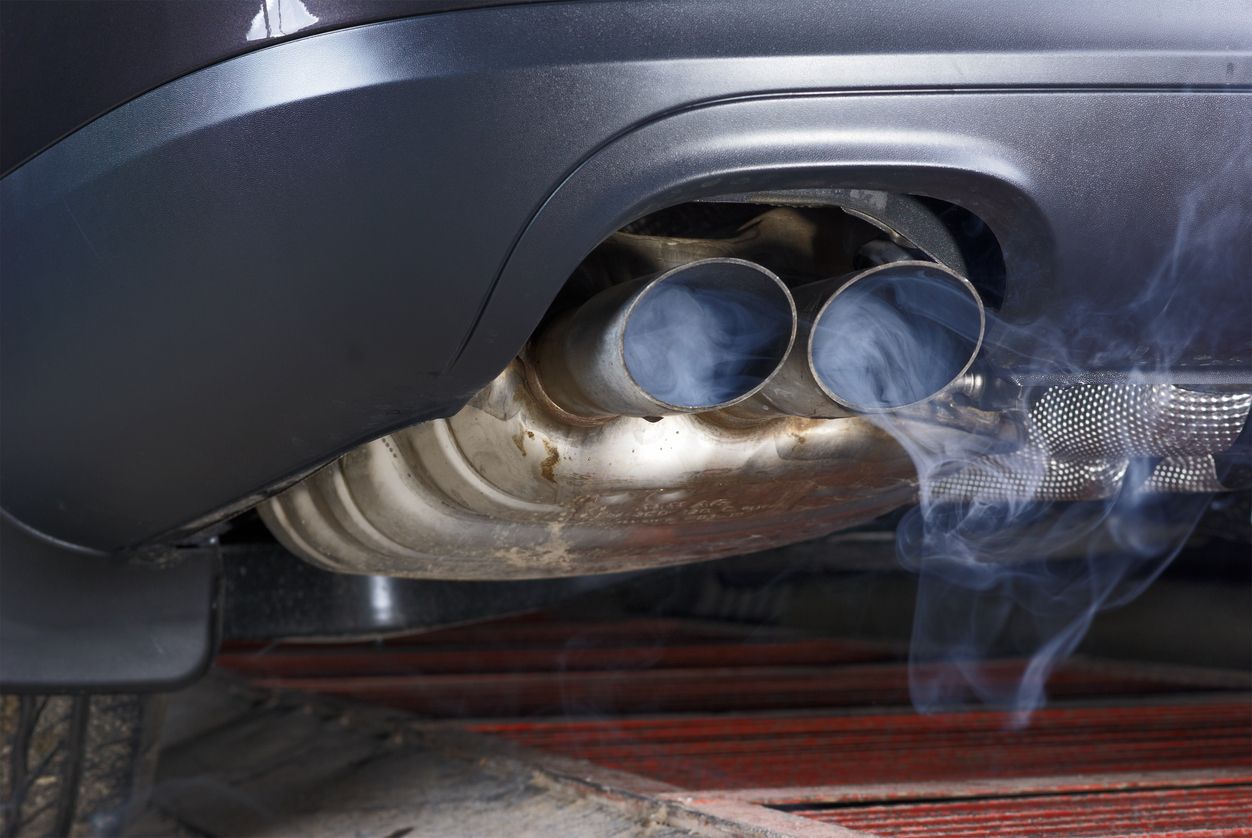Your engine works hard, so every part that keeps it sealed and running matters. One of the most critical components is the head gasket. In this guide, we’ll explain what it is, what can go wrong, and what you can do to prevent expensive engine damage.
What Is a Head Gasket On a Car and Why Is It So Important?
The head gasket is a thin, layered seal located between the engine block and the cylinder head. Its job is to keep engine oil, coolant, and the combustion gases completely separate. It also helps seal the pressure inside the combustion chamber where fuel ignites.
This small but vital part keeps your engine sealed and running smoothly. If the head gasket fails, fluids and gases that are supposed to stay separate can leak into places they shouldn’t, wreaking havoc and leading to serious, costly problems.
What Happens When the Head Gasket Fails?
A blown or damaged head gasket can trigger a chain reaction inside your engine. When it can no longer properly seal the combustion chamber, coolant can leak into the cylinders, or combustion gases can enter the cooling system.
This can lead to a few signs of a blown head gasket, including:
- Overheating, if coolant is leaking into the cylinders or being displaced by gases
- Engine Knocking: Blown head gaskets can lead to poor compression. Some head gasket leaks can contribute to combustion chamber deposits that can cause pre-ignition and an audible knocking sound. Ignition problems may also present themselves as unusual pinging or thudding sounds coming from your engine bay.
- White smoke from the tailpipe. It will likely have a sweet smell, which is caused by coolant being burned in the combustion chamber
- “Milky” or “frothy” oil, caused by coolant mixing with oil
- Rough idling, misfires, or loss of power, which is caused by cylinders not being able to fire properly due to a loss of pressure
- Unexplained coolant loss. If your coolant reservoir requires frequent top-ups and you’re not noticing any leaks, head gasket failure is a likely culprit
If you continue driving with a blown head gasket, this damage can lead to warped engine components, internal corrosion, and full engine failure. If you suspect head gasket failure, consider getting it checked by your local Firestone Complete Auto Care to avoid further damage to your vehicle and budget.
What Causes Head Gasket Failure?
While some head gaskets simply wear out over time, most failures are caused by stress and overheating. Some of the common causes include:
Prolonged Overheating
High engine temperatures are the top reason head gaskets fail. Heat can cause the metal surfaces around the gasket to expand, warp, or crack, leading to a replacement being necessary. Having your coolant system inspected regularly is important to avoid overheating.
High Combustion Pressure
Pre-ignition, which is when the fuel-air mixture ignites too early, causes pressure to build before the piston finishes compressing. That sudden force stresses the head gasket and can cause it to blow. Some other causes of high combustion pressure include using the wrong fuel grade, carbon buildup, and incorrect ignition timing.
Worn or Poor-Quality Gasket Material
Gaskets are made from multiple layers of metal or composite materials. Over time, these layers can degrade, especially in older vehicles or those with previous overheating problems. Using quality parts from a reputable auto care service can help you avoid costly repairs.
Improper Engine Assembly or Torque
If the head bolts aren’t torqued to spec during repairs or engine assembly, the gasket may not seal properly, resulting in the issues we reviewed earlier. An experienced technician, like those at Firestone Auto Care Service, will ensure your head bolts are torqued properly.
How To Prevent a Blown Head Gasket
You can reduce your chances of head gasket failure with some straightforward preventative maintenance steps:
- Keep coolant levels in check, and have the reservoir refilled as needed. Driving with low coolant can lead to a blown head gasket.
- Get your cooling system inspected regularly and exchange the coolant in your cooling system as recommended. Proper vehicle maintenance may help prevent head gasket failure and other costly repairs.
- Don’t ignore overheating, even if it happens just once. Make sure your coolant levels remain normal and you’re not experiencing any of the issues above.
- Use quality fuel and follow oil change recommendations to avoid combustion gas issues and overstressing your engine.
Frequently Asked Questions
Can you drive with a blown head gasket?
Technically, yes—but it’s risky and can cause more extensive problems. You may lose engine power, overheat rapidly, or contaminate internal components. If you suspect a blown gasket, pull over, let the engine cool, and schedule a diagnostic as soon as possible.
How much does a blown head gasket cost to repair?
Blown head gasket repair costs can vary based on the engine type and severity of damage, but because of the labor involved, repairs can often run into the thousands. Catching the issue early can prevent further engine damage and save you big in the long run.
How do I test for a bad head gasket?
Technicians can run tests like a compression test, a leak-down test, or a chemical test to check for exhaust gases in the cooling system. These tests help confirm whether your head gasket is still sealing properly internally.
Turn to Firestone Complete Auto Care
At Firestone Complete Auto Care, we understand how important it is to keep your vehicle running smoothly. Our knowledgeable technicians provide thorough diagnostics, head gasket evaluations, and full engine repair services backed by real experience.
Don’t let a failing gasket cost you an engine. Find your nearest Firestone Complete Auto Care or schedule your appointment online today.
Because when something’s worth doing, it’s worth doing right.



